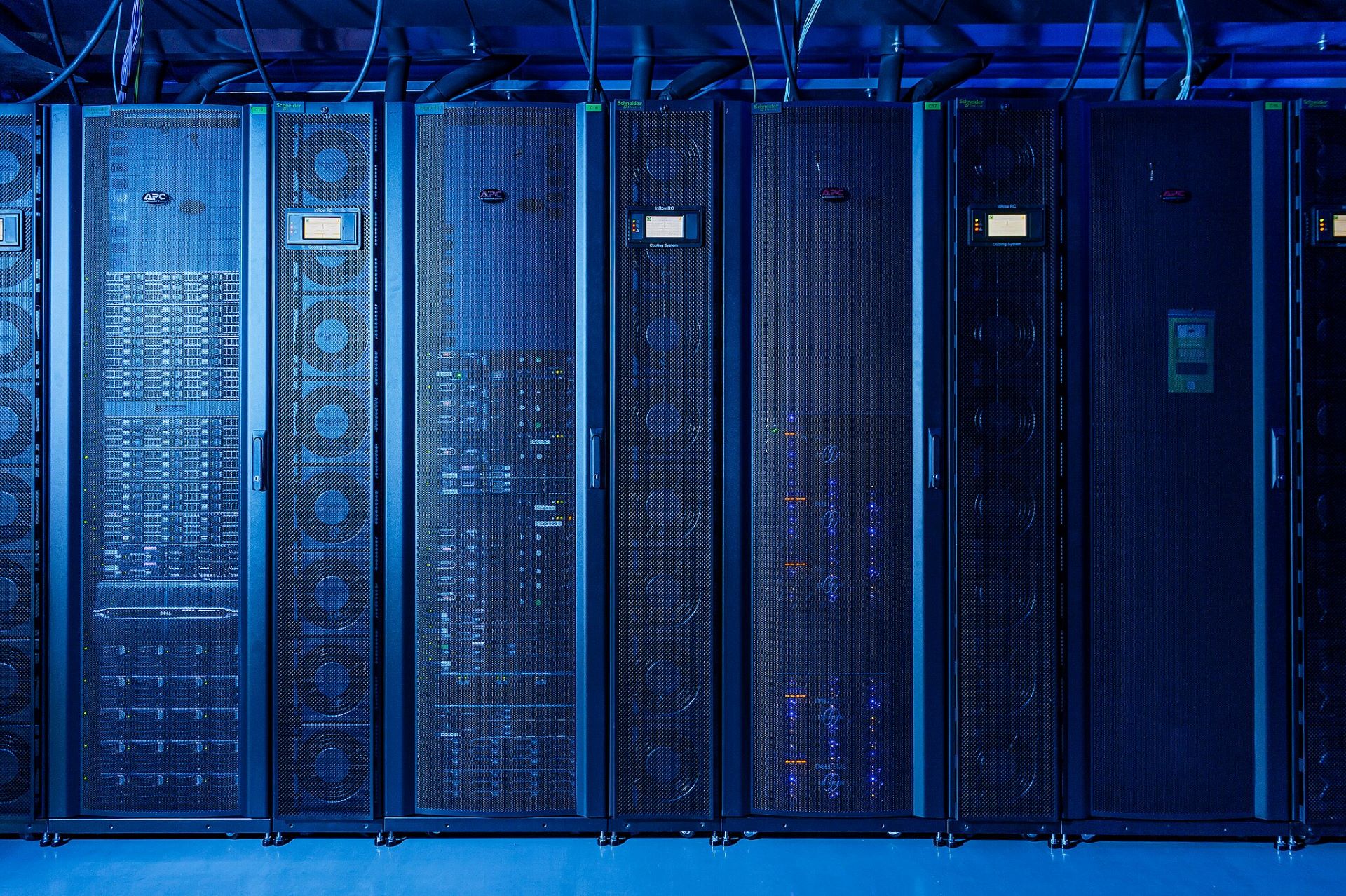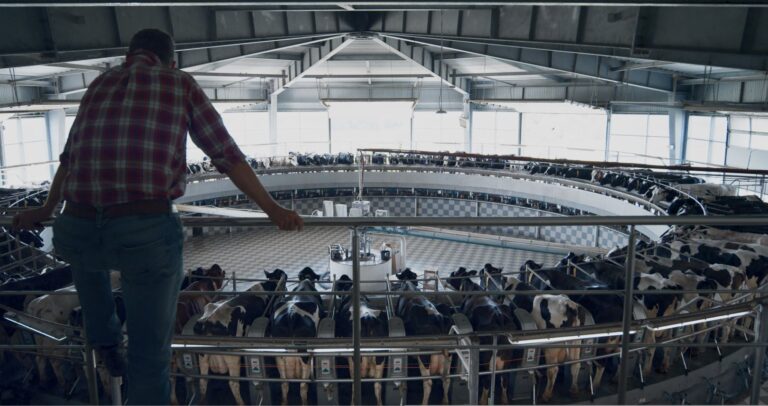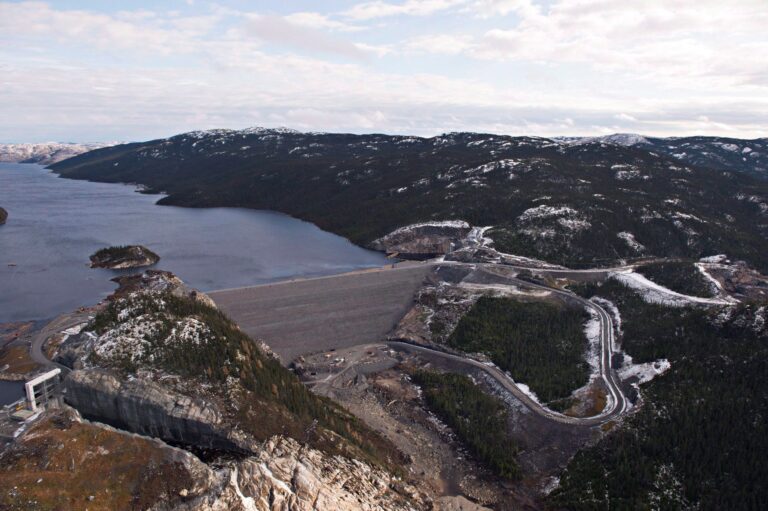Response to the article: “Canada’s next great project must be to build an AI nation”
As Ontario’s former political policy lead for AI, I agree with calls to empower Canadians to become AI-literate.
Yes, Canada’s productivity has been “dismal” but the Carney government’s focus on natural-resource infrastructure is not an archaic industrial policy “stuck in the last century.” By securing the energy resources and infrastructure that will define 21st-century economies, it is exactly the opposite.
Canada must power its sovereign AI future while reducing its reliance on foreign infrastructure and resources in an increasingly unstable geopolitical landscape. This requires a broader view of AI education that extends beyond AI literacy to include what it takes to power AI, instead of merely using it.
Canadians should recognize that only nations with secure, reliable access to the essential enablers AI depends on, especially critical elements such as helium and energy sources like natural gas, will achieve their sovereign AI ambitions.
Last December, RBC predicted that if regulators were to approve all data-centre applications being reviewed at the time, they would consume 14 per cent of Canada’s total energy by 2030. Canada should also not ignore industry projections of record-high natural gas demand and MIT’s forecast that “AI will keep us dependent on natural gas for decades to come.”
Today, a single ChatGPT search can consume 10x more power than a traditional Google search, and pipeline capacity cannot match surging electricity demand. The U.S. recognizes this as it rushes to expand LNG infrastructure to meet energy growth driven by AI data centres.
Canada’s AI ambitions will falter unless and until we transition to a new AI paradigm.
Carney’s focus on transforming Canada’s critical resources into national advantages ultimately ensures Canada can power its own AI future. Canada must learn to keep more than one puck in play or cede its AI ambitions to others who do.
Touraj Riazi | Oct. 17/25











